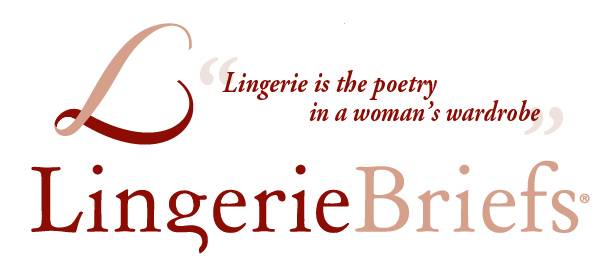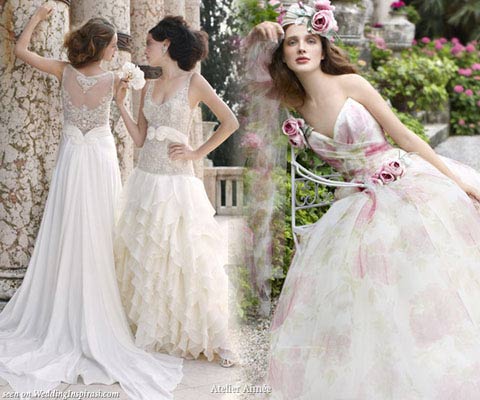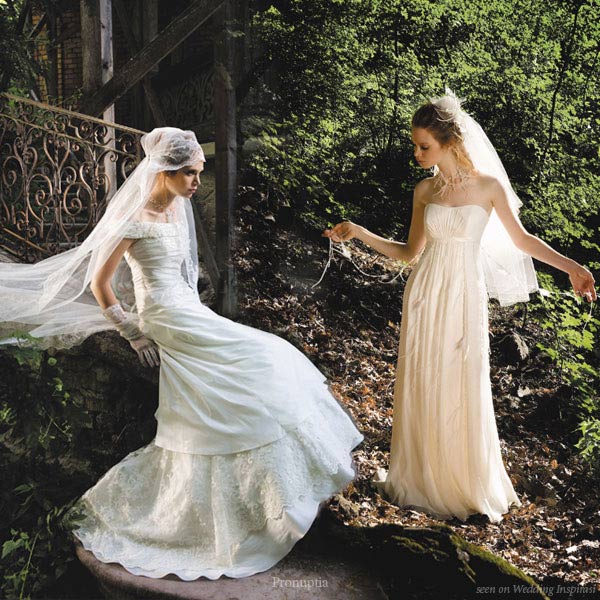Epithalamion ~ The Glorious Bride
Though it cannot be confirmed, Edmund Spenser is thought to be born in 1552 in London, twelve years before Shakespeare. He is most recognized as the author of The Faerie Queene, yet many would argue that his shorter poems alone would rank him among the greatest English poets. One of those shorter works, Epithalamion, epitomizes his skill and brilliance.
In the Epithalamion, Spenser constructs a tightly wrought love poem that elevates and transforms a single twenty-four hour day into an expose of the cyclical nature of life. The poem is focused on Spenser’s approaching matrimonial day of June 11, 1594. As one begins the journey to the altar with Spenser and then beyond to the matrimonial evening of consummation with his bride, it is clear that the content, stanza by stanza, takes the reader beyond this single event into another realm that resonates with the richness of the natural world coming into alignment with the mystical. Spenser purposefully manipulates time, nature and the supernatural to carve out an eternal place for his poetry and for himself, along with his bride, Elizabeth Boyle and their offspring in a cosmic universe.
So, what is it about a bridal gown that seemingly elevates and separates the bride from her temporal self into a sphere beyond? How is it that a ritual dress can alter perception and place the bride in an unassailable, beautiful and ephemeral place? The event itself surely has an impact, but few would argue that the dress becomes a focal point and represents both the departure from one world and entrance into another more blessed place. It is as if the dress, like Spenser’s poem unites the lushness of the natural world with the celestial.
Can a wedding dress make one appear angelic? Yes.
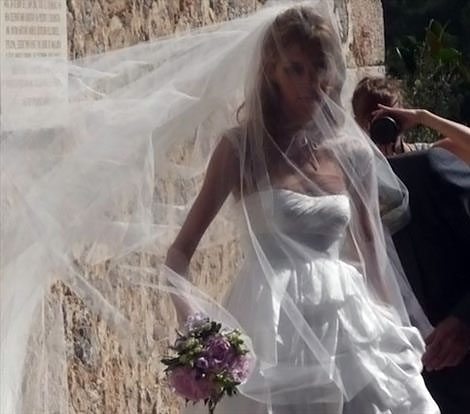
Can a wedding dress evoke imagery of the nightingale in the garden on a warm summer’s eve? Yes.
Can a wedding dress seduce you all the while claiming virginal purity? Yes.
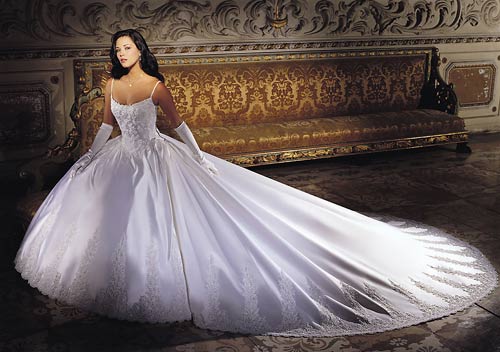
Does the wedding dress have supernatural powers, the power to transform the human form; the transcendent power to alter one’s view of the world, natural, supernatural or cosmic? I think so.
